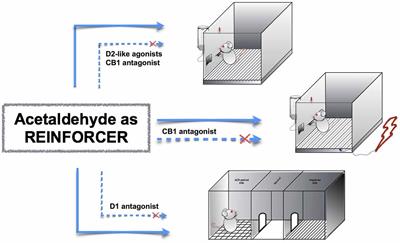EDITORIAL
Published on 17 May 2018
Editorial: Ethanol, Its Active Metabolites, and Their Mechanisms of Action: Neurophysiological and Behavioral Effects
doi 10.3389/fnbeh.2018.00095
- 2,233 views
- 2 citations
15k
Total downloads
128k
Total views and downloads
EDITORIAL
Published on 17 May 2018
ORIGINAL RESEARCH
Published on 14 Jul 2017
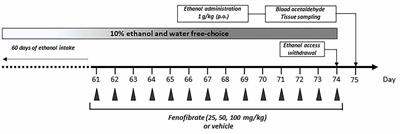
MINI REVIEW
Published on 30 May 2017
MINI REVIEW
Published on 23 May 2017
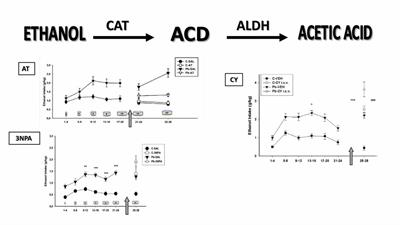
REVIEW
Published on 11 May 2017
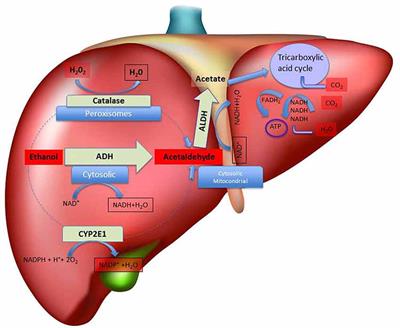
ORIGINAL RESEARCH
Published on 01 May 2017
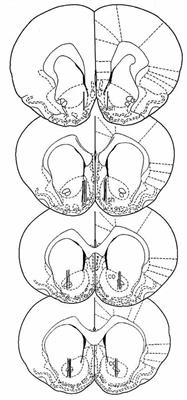
REVIEW
Published on 04 Apr 2017

ORIGINAL RESEARCH
Published on 23 Mar 2017

ORIGINAL RESEARCH
Published on 21 Mar 2017
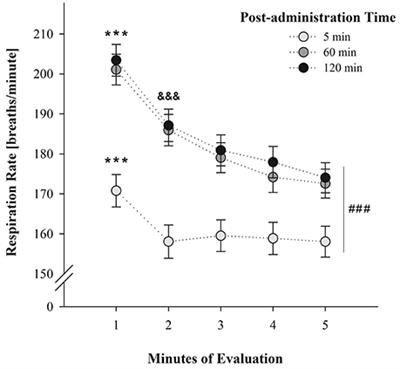
MINI REVIEW
Published on 07 Mar 2017
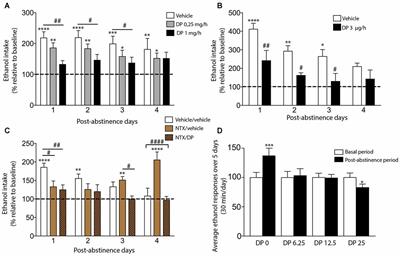
ORIGINAL RESEARCH
Published on 22 Feb 2017
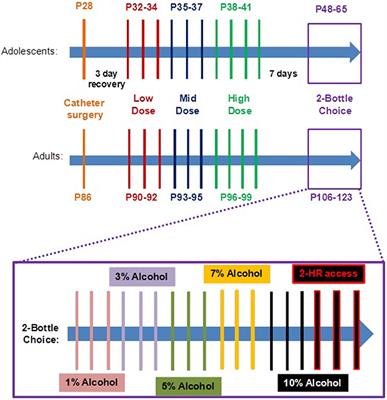
MINI REVIEW
Published on 09 Feb 2017
